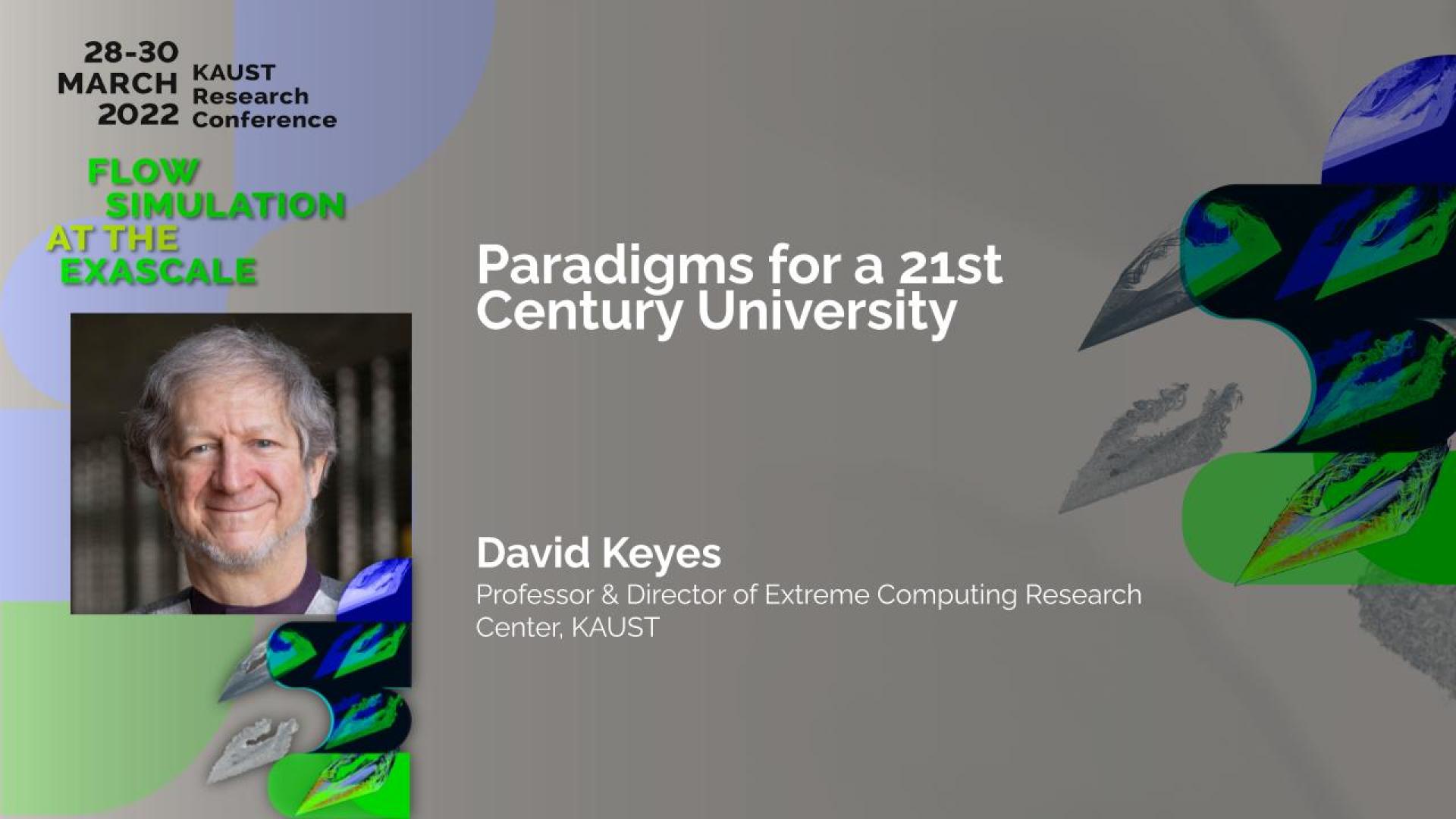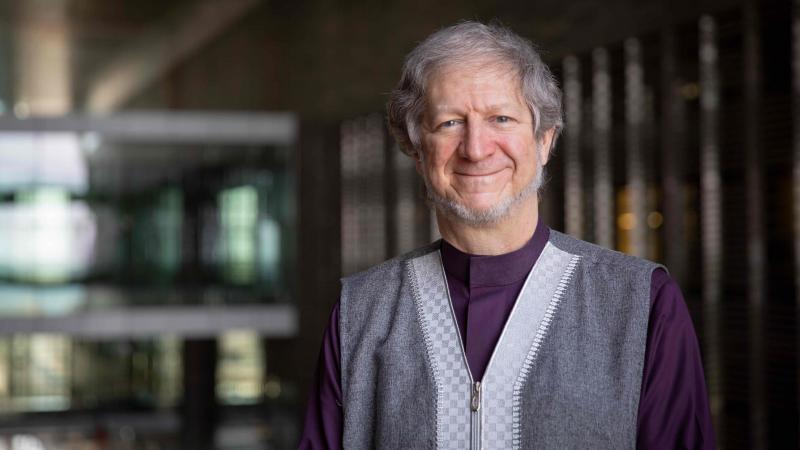Abstract
The King Abdullah University of Science and Technology (KAUST), founded in 2009 in a 45-sq km academic village on the shores of the Red Sea, was created to be a 21st century “House of Wisdom” in the tradition of the 9th century Bayt al Hikmah that gave the world much of its modern mathematics, physics, chemistry, and medicine. KAUST is singular, or nearly so, among universities worldwide. The environment is one in which both long-term high-risk curiosity-driven research and goal-oriented research thrive. It is a post-graduate-only (primarily doctoral) institution, structured organizationally to lower barriers to interdisciplinary work. It offers awesome research facilities. It hosts on its own campus research labs of major multinational corporations and it incubates start-ups. Its residential community has a global composition of more than 120 countries with no majority or “group think.” It is hosted by a dynamically awakening country full of opportunities for creative young talents. Any one of these highly desirable features can make a university stand out. KAUST has them all! But to understand what KAUST offers to researchers, students, collaborators, and the world of stakeholders one should know a bit more. We summarize KAUST’s research paradigms and pillars, its strategies, and its mission. We also assess KAUST after its first 12 years of operations.
Brief Biography
David Keyes directs the Extreme Computing Research Center at the King Abdullah University of Science and Technology (KAUST), where he was a founding Dean in 2009 and currently serves in the Office of the President as Senior Associate. He is a professor in the programs of Applied Mathematics, Computer Science, and Mechanical Engineering. He is also an Adjunct Professor of Applied Mathematics and Applied Physics at Columbia University, where he formerly held the Fu Foundation Chair. He works at the interface between parallel computing and PDEs and statistics, with a focus on scalable algorithms that exploit data sparsity. Before joining KAUST, Keyes led multi-institutional scalable solver software projects in the SciDAC and ASCI programs of the US Department of Energy (DoE), ran university collaboration programs at US DoE and NASA institutes, and taught at Columbia, Old Dominion, and Yale Universities. He is a Fellow of SIAM, the AMS, and the AAAS. He has been awarded the Gordon Bell Prize from the ACM, the Sidney Fernbach Award from the IEEE Computer Society, and the SIAM Prize for Distinguished Service to the Profession. He earned a B.S.E. in Aerospace and Mechanical Sciences from Princeton in 1978 and a Ph.D. in Applied Mathematics from Harvard in 1984.

